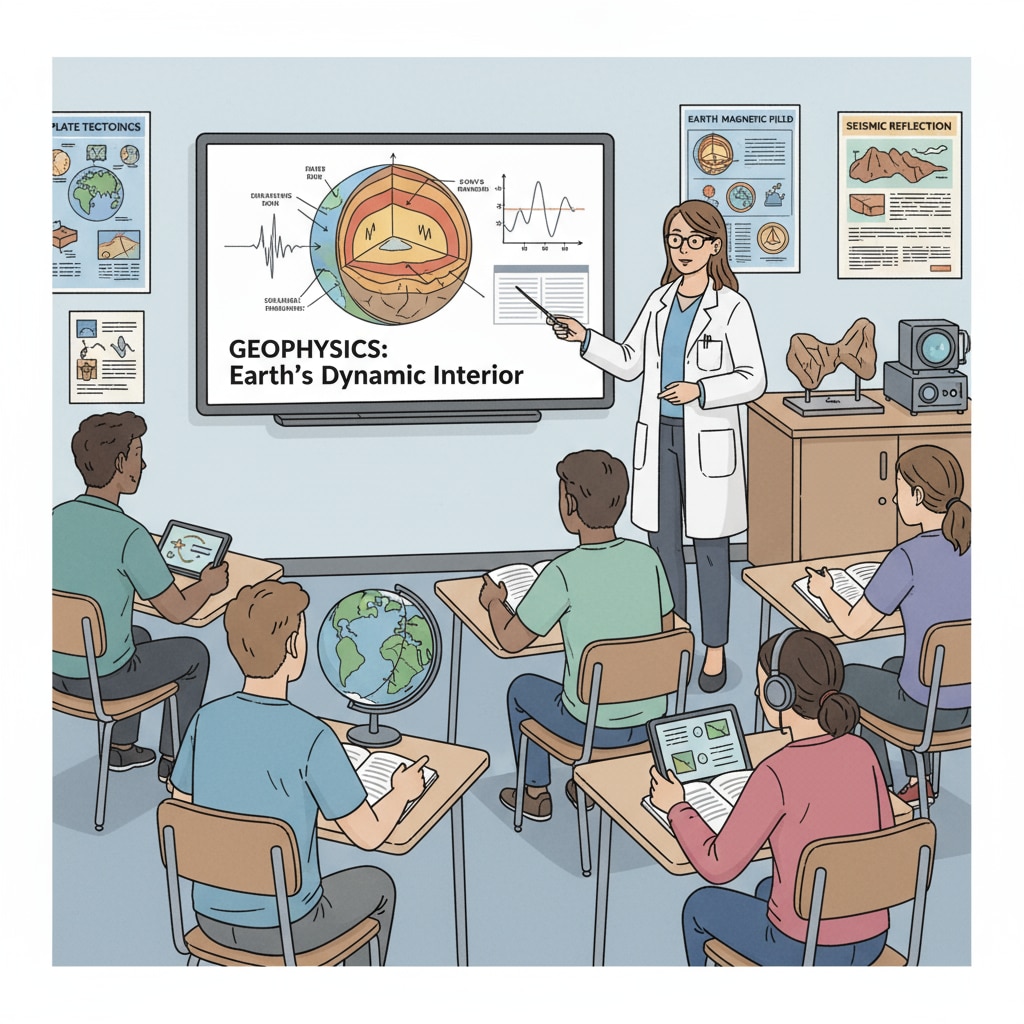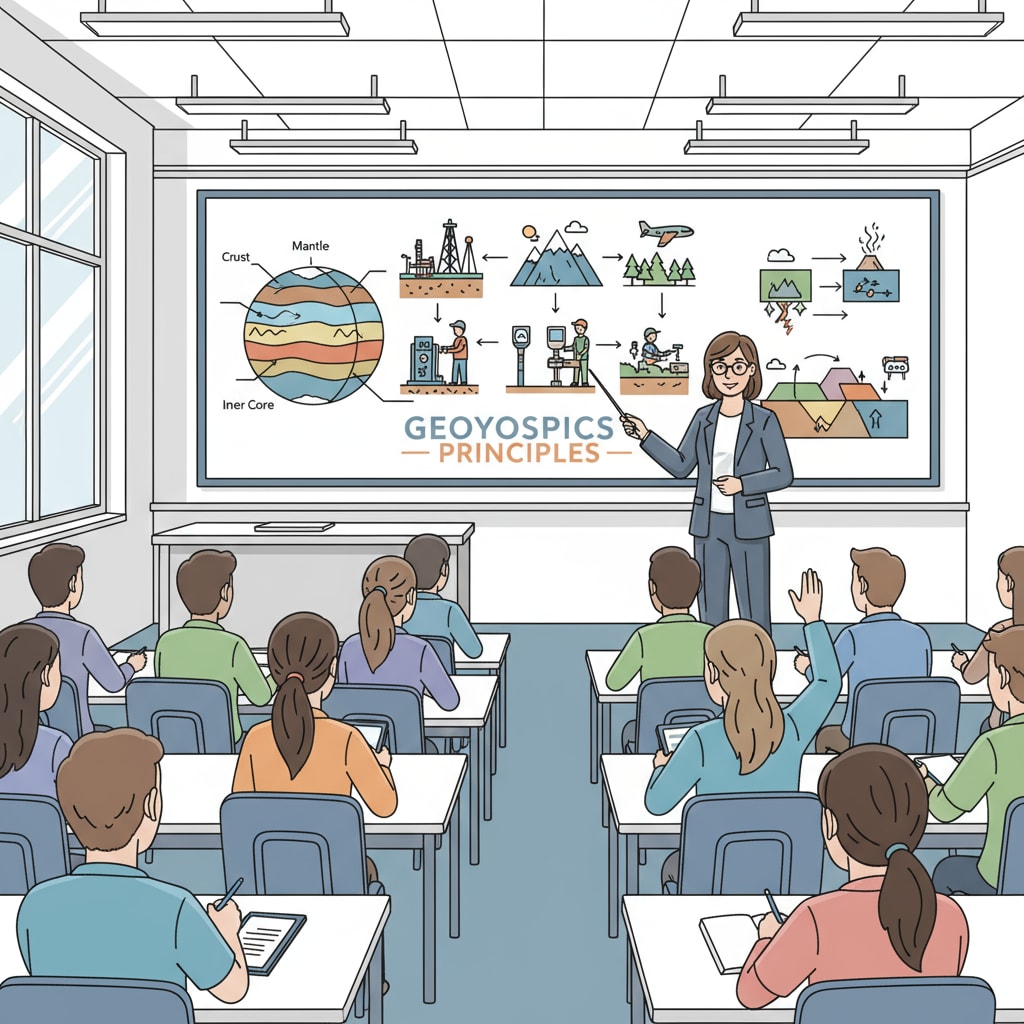Geophysics, second master’s degree, and employment dilemmas are topics that weigh heavily on the minds of many geoscience professionals. In recent years, graduates in geophysics have found themselves in a tough spot in the job market. The traditional employment channels for geophysics majors are somewhat limited, leading to an employment dilemma that has forced many to seek alternative career paths. One such potential path is the K12 education field.

The Employment Dilemma in Geophysics
The job market for geophysics graduates has seen a downturn in recent years. The demand for geophysics professionals in traditional industries such as oil and gas exploration has decreased due to various factors like market fluctuations and technological advancements. For example, automated exploration technologies have replaced some of the manual labor previously done by geophysicists. As a result, many fresh graduates and even experienced professionals are struggling to find stable and well-paying jobs. According to Wikipedia’s page on Geophysics, the changing dynamics of the industry have contributed to this employment squeeze.
The Appeal of K12 Education as a New Career Path
Transitioning to K12 education can be an attractive option for geophysics professionals. In K12 settings, there is a growing need for science educators with in-depth knowledge of specialized fields like geophysics. These professionals can bring real-world examples and practical insights into the classroom, making the learning experience more engaging for students. Moreover, the job stability in the education sector is generally higher compared to some of the volatile industries related to geophysics. Additionally, it offers the opportunity to nurture the next generation of scientists, which can be a fulfilling experience.

Obtaining a second master’s degree in education-related fields can significantly enhance the chances of a successful transition to K12 education. It provides the necessary pedagogical skills and knowledge of educational theories that are essential for effective teaching. For instance, courses in curriculum design, assessment, and classroom management are typically part of an education master’s program. By adding these skills to their existing expertise in geophysics, professionals can better position themselves in the competitive K12 job market. According to Britannica’s entry on Geophysics, the combination of subject matter expertise and teaching skills is highly valued in education.
Readability guidance: As we have seen, the employment dilemma in geophysics is a complex issue. However, the option of moving into K12 education offers a glimmer of hope. By considering a second master’s degree and leveraging their existing knowledge, geophysics professionals can carve out a new and rewarding career path.


